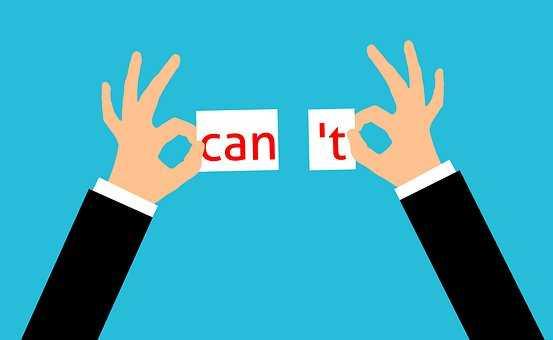Disobey yourself on purpose
The mind's power over you is an illusion. For instance, say one thing while doing the opposite. You will find that it is possible to do the opposite of what you are thinking. (For example, type, I cannot type this sentence, while you are typing the sentence.) Regularly doing this exercise can give you more freedom to do hard things.
306
491 reads
The idea is part of this collection:
Learn more about personaldevelopment with this collection
Techniques for brainstorming and generating new ideas
The power of collaboration and feedback in the creative process
How to recognize and overcome limiting beliefs
Related collections
Similar ideas to Disobey yourself on purpose
Your memory depends on context
If we learn facts while we are doing something, we will be able to recall them better, when we are doing that same thing again.
You can use this information to your advantage: for instance, try chewing a particular gum while studying.
Investing In Yourself
Self care is not a selfish thing to do. You being at your very best is good for you and for your family, friends, and loved ones, who always want you at your best.
If we do not invest in our bodies, our minds, and our spirit, we are doing injustice to ourselves, and also sabotaging our fam...
Exercising
This is the easiest and the most fun of all these five habits. You can just go for a walk, play football or basketball or any other sport, go to a gym or else if you do not have the time to go outside, you can just do skipping and basic exercise at your home.
Skipping is the best and the mo...
Read & Learn
20x Faster
without
deepstash
with
deepstash
with
deepstash
Personalized microlearning
—
100+ Learning Journeys
—
Access to 200,000+ ideas
—
Access to the mobile app
—
Unlimited idea saving
—
—
Unlimited history
—
—
Unlimited listening to ideas
—
—
Downloading & offline access
—
—
Supercharge your mind with one idea per day
Enter your email and spend 1 minute every day to learn something new.
I agree to receive email updates

